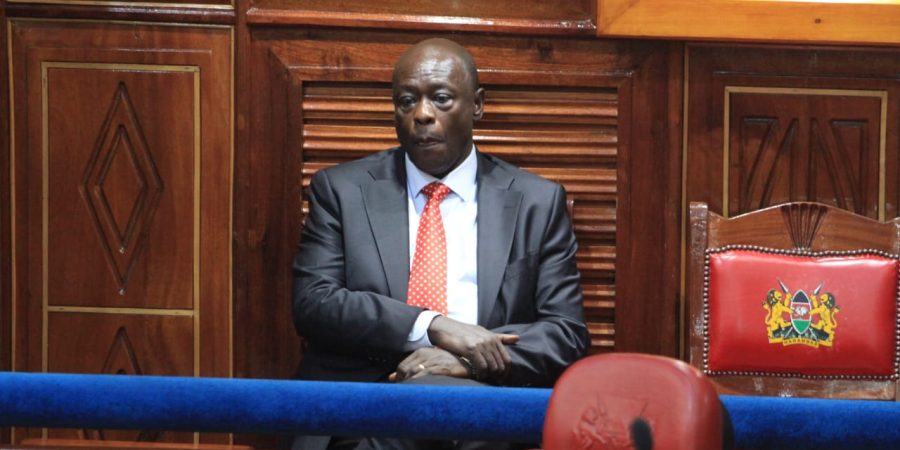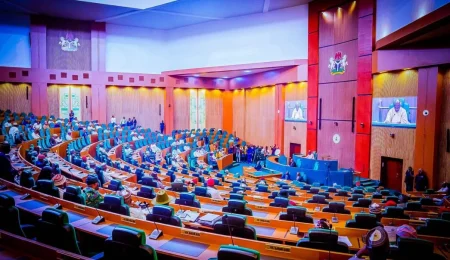The Kenyan Senate has made history by voting to remove Deputy President Rigathi Gachagua in an impeachment decision.
On Thursday, the upper house cast its vote, resulting in the impeachment of the 59-year-old on five of the eleven charges brought against him, after two days of hearings.
The Senate needed to convict him on just one charge to oust him from his position. He becomes the first deputy president to be dismissed in this way since the introduction of impeachment procedures in Kenya’s amended 2010 constitution. Last week, a comparable motion targeting President William Ruto’s deputy received overwhelming support from the National Assembly, the lower house of Parliament.
The eleven allegations, which Gachagua firmly refuted, encompassed corruption, insubordination, money laundering, undermining the government, engaging in ethnically divisive politics, intimidating public officials, and issuing threats against a judge.
Gachagua, who has repeatedly refuted the allegations, was unable to give evidence in his defence due to hospitalisation for severe chest pains. Nonetheless, the Senate continued with the voting process in his absence.
The Senate session descended into chaos on Thursday morning after Paul Muite, the lawyer representing Gachagua, sought a postponement of the proceedings, citing his client’s health issues, stating, “The sad reality is that the deputy president of the Republic of Kenya has been taken seriously ill.”
President William Ruto, who has experienced a tense relationship with Gachagua in recent months, has remained silent on the impeachment matter. A significant number of Kenyans perceive the impeachment process as politically driven, with several critics alleging that the government is leveraging it to divert attention from the consequences of the anti-tax protests that shook the country in June and July.
Frances Ibiefo
Follow us on:



